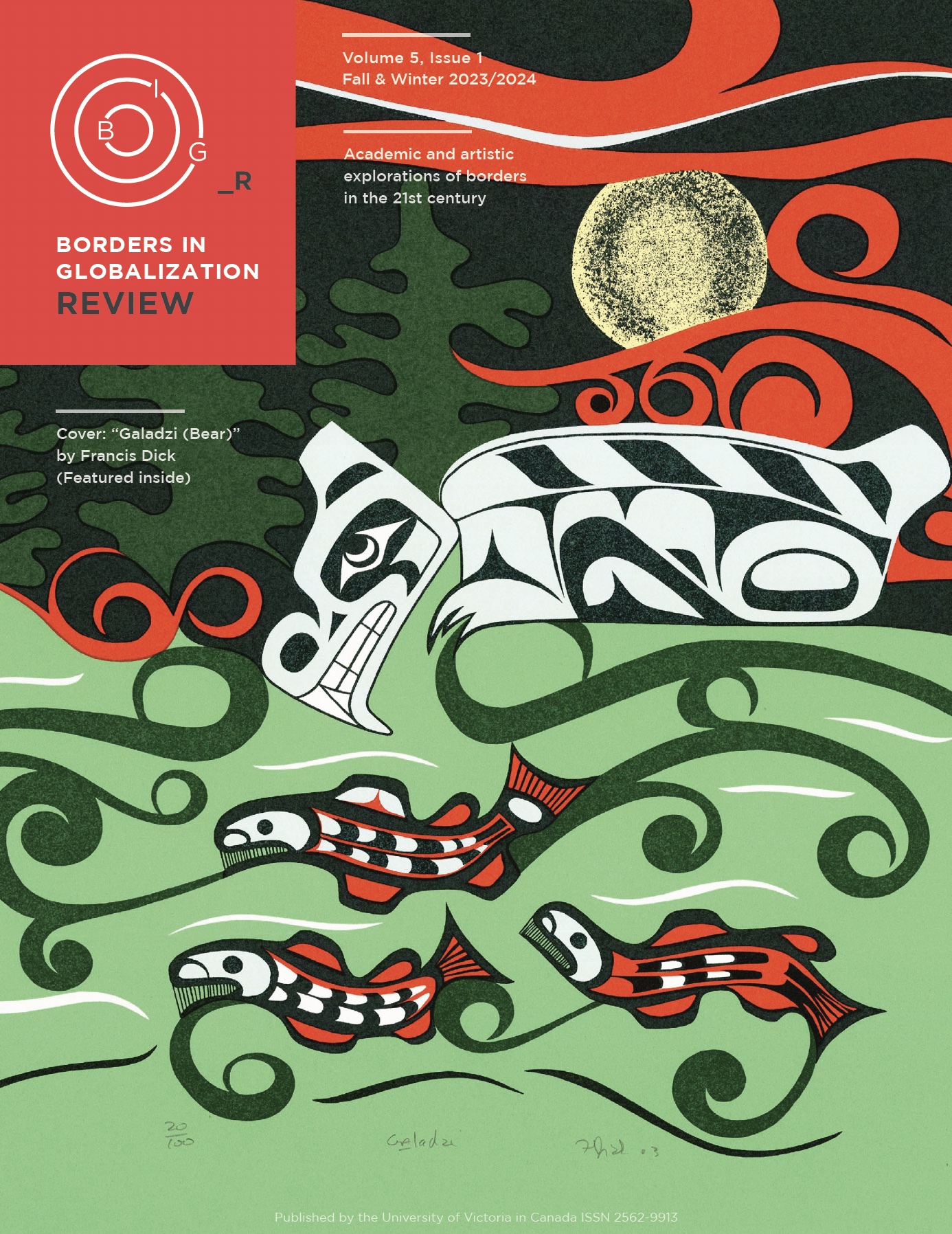Kidnapped Water and Living Otherwise in a World of Drought, Fires, and Floods
Abstract
This essay considers how the production of water as a resource that can be extracted and commodified is situated at the core of colonial capitalist economies. Water has become a volatile means to secure economic growth under conditions of accelerated aridification and scarcity. The focus of the analysis is the struggle of the United Front of Nahua Communities in Puebla, Mexico against the water bottling company Danone Bonafont. Like other Indigenous struggles, the significance of this case goes beyond water rights and environmental justice. Shifting the focus to relationships of water—the interactions between the human and non-human worlds, this paper demonstrates that conflicts over water, the life, and energy it represents reflects not only different value systems but also a disconnect about the place of humans in the wider world and in the current context of climate catastrophes, fires, and droughts. I develop a “confluence of plural bodies” approach to explore how “water as life” may offer us the language to envision alternative understandings of liberation.
Downloads
Copyright (c) 2024 Isabel Altamirano-Jiménez

This work is licensed under a Creative Commons Attribution-NonCommercial-ShareAlike 4.0 International License.
- Authors retain copyright and grant the journal right of first publication with the work simultaneously licensed under a Creative Commons Attribution-NonCommercial 4.0 International License (CC BY-NC 4.0) that allows others to copy and redistribute the material, to remix, transform and bulid upon the work with an acknowledgement of the work's authorship and initial publication in this journal.
- Authors are able to enter into separate, additional contractual arrangements for the non-exclusive distribution of the journal's published version of the work (e.g., post it to an institutional repository or publish it in a book), with an acknowledgement of its initial publication in this journal.
- Authors are permitted and encouraged to post their work online (e.g., in institutional repositories or on their website) prior to and during the submission process, as it can lead to productive exchanges, as well as earlier and greater citation of published work (See The Effect of Open Access).
- Artists may discuss alternative copyrights with the editors.





